Android updates: our right or a privilege?
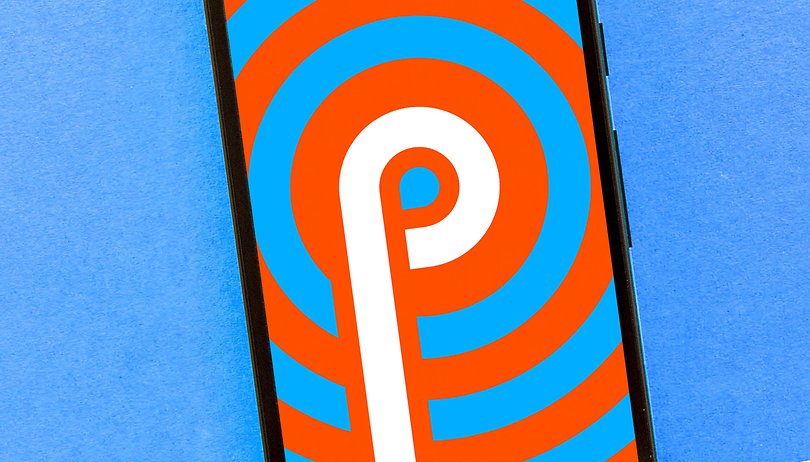

OnePlus and Huawei have recently been in the news for big promises that they’ve made to their users. Both companies, although in different ways, have guaranteed that they’ll provide regular Android updates and security patches. Are these two well-known brands just setting a good example or are they trying to protect their images? Should we demand more from smartphone manufacturers?
We deserve updates… don’t we?
I want to make a small digression before getting into the meat and potatoes of the article. In more philosophical terms, are we really entitled to demand software updates?
We could go on and on about it for hours, days and weeks. So let’s start from a premise to simplify things: taking technological products like smartphones and tablets for what they are (electronic products that need software to work), my answer is no, but let me explain!

As informed consumers (including you AndroidPIT readers out there) we feel compelled to complain if our smartphone we purchased just six months ago stops receiving software updates and then we go on to voice are grievances all over the web. But stop and think for a second: did you do the same thing for old mobile phones? Or for old gaming consoles and computer operating systems (PC or Mac)?
The answer is no: when a product arrived in our homes, it had to be complete and updates were rarely provided, and usually, it would only be corrected for security bugs or security problems. And if you wanted additional features? You had to buy the new phone, operating system or game expansion. Nobody has ever done anything for free.

Solutions for problems
Since then, the world of software has definitely evolved and manufacturers have decided to offer free updates with new features for products already on the market and to build customer loyalty. This doesn’t mean that they’re doing this all for us.
Companies are obliged (to the extent possible) to update their devices to fix serious problems that compromise their safety or operation. If, for example, you decide to buy a smart toaster, and then start using it, and it doesn’t always toast the bread, it’s a serious problem. Consumers (and various consumer protection associations) are likely to be unhappy with the manufacturer for selling a product that doesn’t do what it claims to do.

If a new smart toaster came onto the market a month later, that’s even capable of spreading butter on freshly toasted bread using the same hardware as our “old” product, the manufacturer wouldn’t be obliged to add this function to your old device, since it was never sold with this feature.
You can think of an Android update in the same way: if your smartphone has bugs (and believe me, no software is completely void of them) that prevent it from working properly, the manufacturer needs to try to solve the problem. Upgrading to a new Android version with new functions is in some ways a “gift” given to us from the manufacturer.
All of this would be true if we were able to set aside the obligations imposed by those who produce the software: that means Google.

OnePlus and Huawei: the most clever of the bunch
In recent years, OnePlus has released a roadmap containing the rules that will now be used for updating its devices: two years of Android updates and security patches every two months during the third year.
Huawei didn’t wait long and said that its smartphone will now be updated every two months with the latest security patches.
That’s really good, right? It’s proof that these companies really care about users, right? Wrong, they are just doing this to fulfill an obligation that they are theoretically compelled to do by contract.
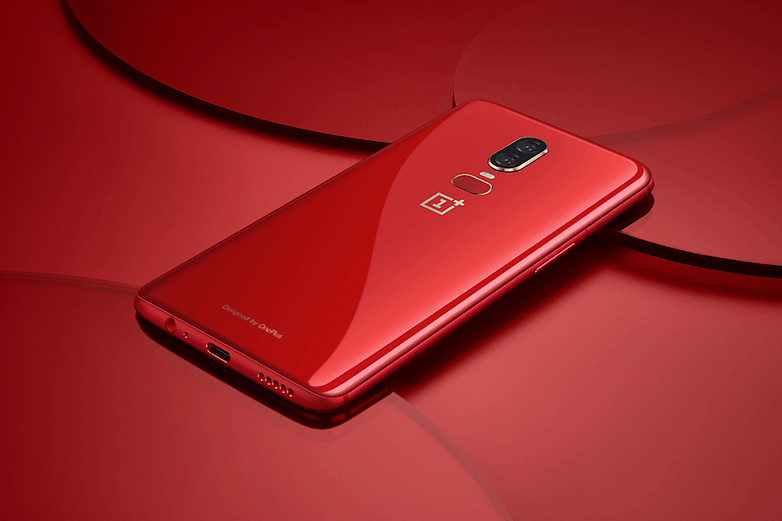
They got the memo at Google I/O this year: OEMs are now contractually obligated to release regular security updates if they want to use Android. It’s part of the licensing agreement. Google releases security patches for Android versions starting from the old (but still widespread) 5.0 Lollipop and releases them to various OEMs a month in advance of their release to allow the manufacturers to adapt.
Smartphone security update availability report (February 2018)
— Mobile&SecurityLab (@SecX13) February 26 2018
Smartphone comparison : Android, iOS, PrivatOS, Windows.#Google #Apple #WindowsPhone #Samsung #Blackphone #FairPhone #Malware #MobileSecurity pic.twitter.com/EzFEP0GWKE
In addition, Google expects devices using Android to receive operating system updates for a minimum of 18 months. It should also be mentioned that some of the devices offer updates for well over the mandatory 18 months, so it’s not all bad.
Right or privilege?
We always have to keep in mind that the proper functioning and safety of a device is somewhat a result of our own demands. This is why, in the event of serious problems with the operation of a device, we are more than justified to ask the manufacturer for a solution (as long as there is a possible solution).
The new Android versions don’t contain security patches that differ from those on previous versions that are still supported by Google. Each major upgrade of our smartphone should therefore be regarded as a treat that OEMs and Google give us to try to retain their trusted customers, since a satisfied customer is a returning customer. That’s one of the simplest rules of the market.
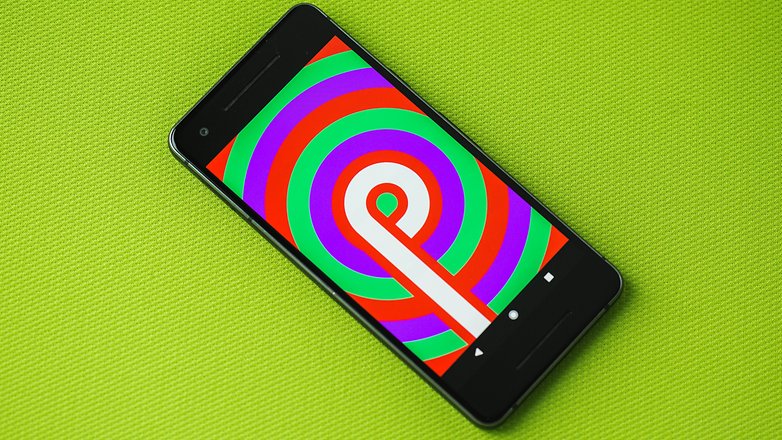
Of course, I don’t have to tell you that the better you’re treated, the better you’ll view an OEM, but that doesn’t mean that others deserve to be stigmatized. Does your smartphone no longer receive important updates to new versions of Android? Unfortunately, you’ll have to live with it and keep this in mind when you’re choosing your next phone. Does this mean manufacturers are banking on the fact that old devices become obsolete? Maybe, but your trusty smartphone won’t stop working without the latest update…
What is your opinion? Do you think that updates with new features are necessary?







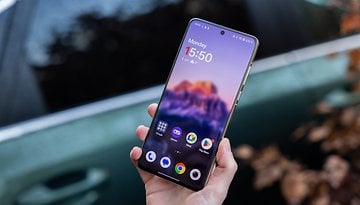
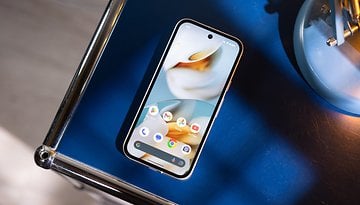
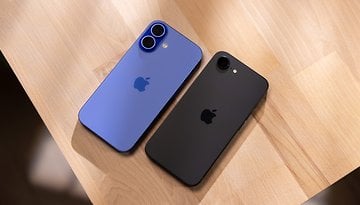

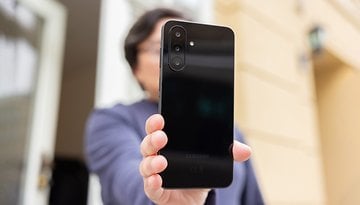



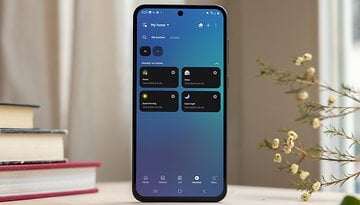




You forgot this question. I want security updates, features updates are not as important .
Yes it is not a right but a privilige but the companies should also have an option to downgrade to the version on which we bought the smartphone which no company is giving as most of the times we tend to update and it slows down the phone which is not fair
This is the thinking we get when everyone gets a participation trophy. They believe everything is a right.
That's why you look at what the warranty says, and look at reputations. There should be a website that delves into this for android phones. In the past, some mfgrs have caved into providing updates for phones that got too much press for not updating timely. Shame the mfgr, get the word out(maybe have a special section just for that, or create a site for that).
For me, I've had 3 Huawei devices that have been EXCELLENT and the stock firmware (nova launcher) have been perfect. The updates, don't really impress me, but, I would like to see the SECURITY patches pushed immediately. When a security patch is official, ALL manufacturers should send it out.
Perhaps this will be all moot in a few years, if/when project treble, becomes more mainstream.
It's neither. Your entered into an agreement with the maker via a shrink wrap license. The makers generally disclaim liability and guaranteed appropriateness for use in this license. As well as declaring the system as-is and not warrantying security or patches. Google has made some efforts to counter this for their own interests as well with new terms to the Google Apps package.
That the makers offer updates is more about managing their reputation for future and repeat customers. It's in their interest to generate and maintain happy customers. Updates are a part of this maintenance as is customer service for other flaws, initial quality and so on. .
You know, the antithesis of One Plus.
Personally, Android software and updates are the most important factor for me, so they are essential.
Computing devices that have personal information on them get regular updates. This happens with linux, Windows, MacOS, and iOS. Android devices, for the most part, are the outliers here. Unless you have a Nexus/Pixel (or Essential or Nokia, maybe to a lesser extent), you get updates when the manufacturer AND your carrier feel like giving it to you.
When my Galaxy S5 went off contract in the early summer of 2016, I believe it was, I looked for a SIM-unlocked replacement that received good updates. The new Pixel phones weren't being sold in Japan, where I live, so there was no choice! So, I waited ... and waited ... and waited. Nothing. There were no android phones for the Japanese network that got good OS updates, so I got an iPhone 7 Plus (from the Apple Store). The 7 Plus was already one year old, but it would still be getting OS updates for another four years! That is still one year longer than a NEW Pixel would be getting bug fixes (and two years longer than a Pixel would get OS updates).
For anyone who demands their programmable computing devices get regular updates for a reasonable lifetime, iOS is kicking android's metal butt, and I say this as someone who still likes android and carries a Nexus 5X as a second (Wi-Fi only) phone. With so much of our personal data on our phones, which are programmable devices just like PC's, consumers are sheepishly stupid, in my opinion, to accept anything less than 3, 4, or 5 years of regular updates.
How about NOT a privilege OR a Right.
If the hardware can support the update then it should be offered. The question is, should the update be free or charged. If there was a price attached to the updates, I'm sure it would quiet a lot of agitators.